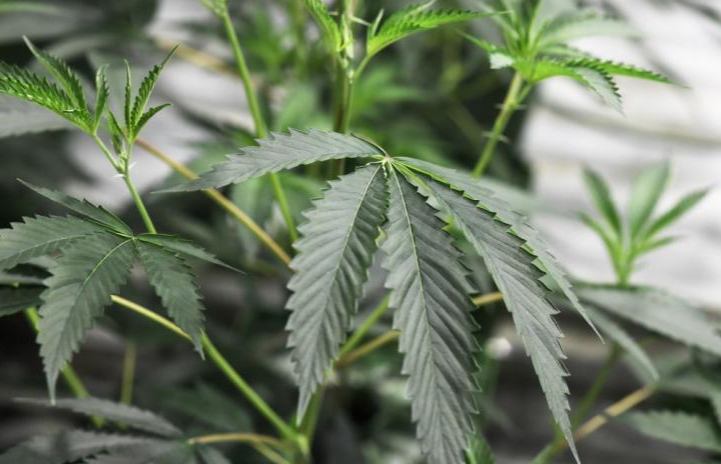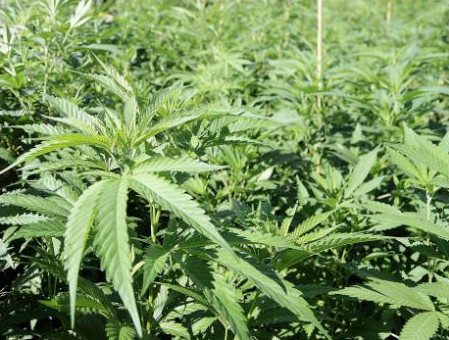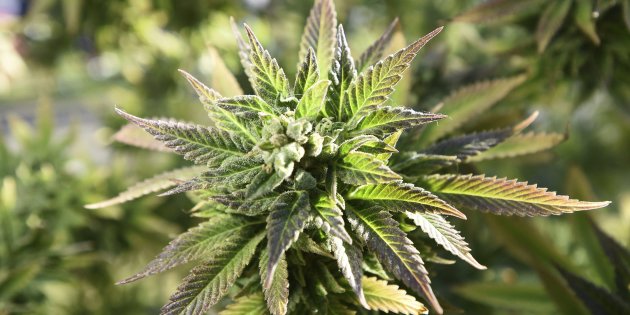Medical marijuana has developed to be a modern medical treatment for people with cancer. However, only a handful of states has passed the legislation clearing cannabis for medicinal use as well as recreational use. These aspects have stirred endless debates as to whether or not marijuana should be utilized throughout the United States. There is current cannabis legislation in a handful of nations, but the U.S. federal government still identifies the possession and use of marijuana as illegal and unacceptable.
There are a lot of supporters for both sides of the debate, making the substance a frequent topic of argument. Those who support the legalization and use of marijuana include members of the medical community as well as the Congress. Cannabis is efficient at relieving chemotherapy effects which include nausea and vomiting. Additionally, it can get rid of muscle spasm that is linked to paralysis and multiple sclerosis. Marijuana can also be used in treating appetite loss in patients suffering from cancer and HIV/AIDS. Moreover, it can be used to treat pain in patients suffering acute or chronic pain. It is safer to use medical marijuana in treating these conditions than any other medications to treat the same symptoms. Studies show that smoking marijuana alone will not exacerbate the risk of lung disease but instead improve lung conditions due to smokers taking deep breathes.
According to the proponents of marijuana legalization, its regulation, as well as its legalization, will subject one of the greatest nation’s cash crop to the rule of law. As a result, these efforts will help in creating jobs and economic opportunities for the citizens of America. Job creation will take place in the formal economy and not the illicit market.
Individuals against the legalization of cannabis claim that the frequent use of this substance (even when used for medicinal purposes) may easily affects one’s short term memory. In addition to that, it is claimed that the frequent use of cannabis can harm cognitive ability. Smoking any drug (marijuana included) can impair the functionality of the lungs to some extent. There is inadequate evidence connecting the use of marijuana and its ability to treat pain. Those who oppose the legalization of medical marijuana argue that the substance creates a risk of abuse and addiction. Smoking pot is also claimed to cause cancer as the substance is believed to have cancer-causing compounds. Additionally, marijuana is said to cause a rise in the rate of automobile crashes and workplace accidents.
Clinical trials to assess the efficacy or lack thereof have been limited and quite restrictive. That being said, these issues remain a part of the ongoing debate as to whether or not cannabis should be legalized and no longer categorized as a Schedule I substance. To determine whether marijuana is truly an essential symptom management component, further research needs to be conducted using the same criteria that other pharmaceutical companies use. Until this occurs, the debate as to whether or not cannabis is necessary and should be made legal will continue inconclusively.













